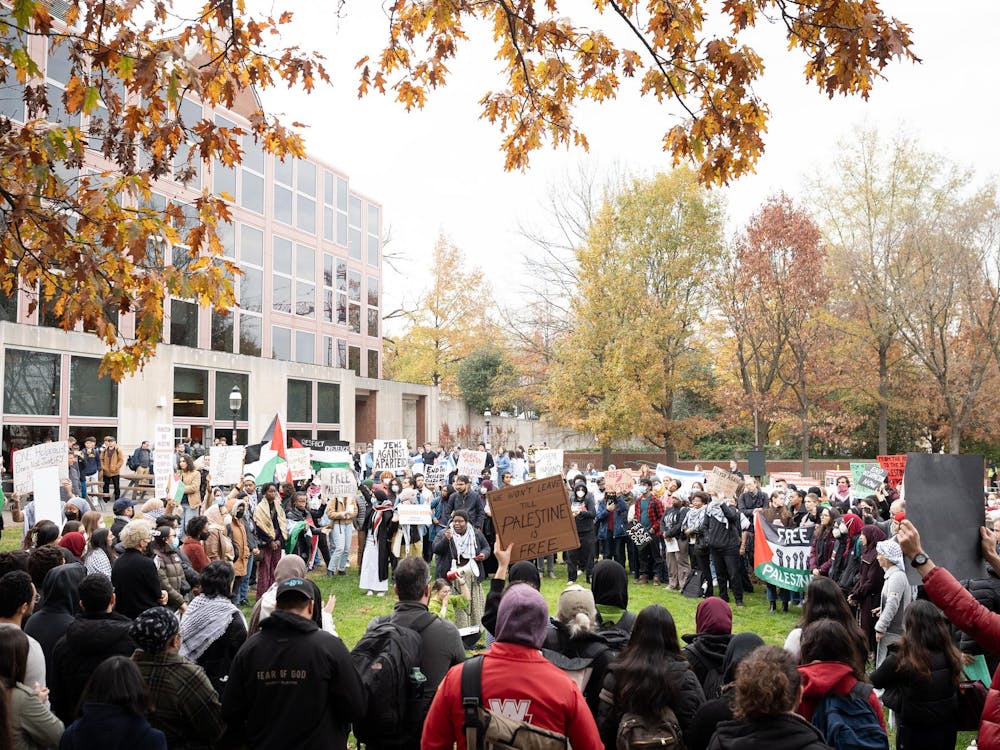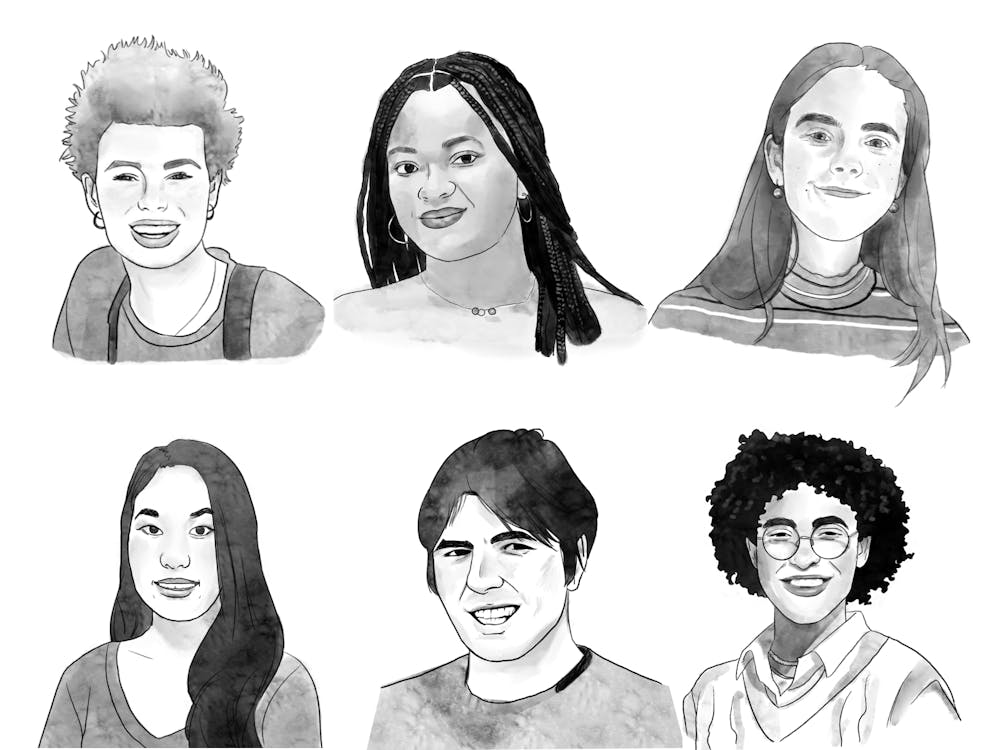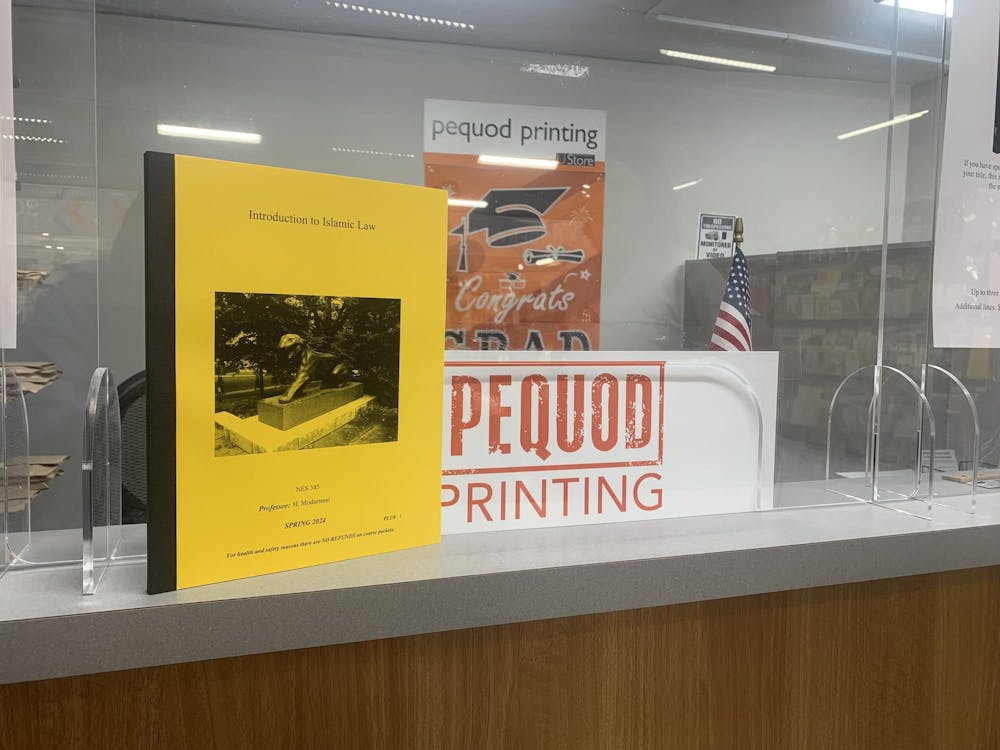Nobody is going to argue that Ivy League schools aren’t exclusive. We all feel a sense of pride being here, precisely because it’s such a challenge to get to this point. However, is there such a thing as too exclusive? On this point, I have seriously conflicting emotions. On one hand, exclusivity is what makes schools like Princeton so great. A small population of dedicated and qualified students matched with a small group of the best professors and scholars ensures the very best education. Yet, I look back to many of my friends from high school and think, am I really so much better than they are? Do I really deserve this education more than my peers? Now, I could go on and on about the feelings of inadequacy at this school, but that’s really not my point here. Rather, my point is that plenty of other equally qualified students are missing this opportunity. Assuming the Office of Admission was able to perfectly separate the top 2,000 students to accept –which is obviously impossible – there would still be thousands of students capable of finding success here who ultimately must be turned away. Unfortunately, these schools are only getting more exclusive.
David Leonhardt wrote an excellent piece for The New Yorker last spring titled “Reasons for Hope While Applying to College” detailing the rapidly increasing difficulty of gaining acceptance into an Ivy League school, especially for American students. There are many reasons for this, including higher acceptance of foreign students and an increase in the college age population. So, how have Ivy League schools responded to the increased tension of school admissions? Well, in many cases, they simply haven’t responded at all. Over the last decade, the total number of students per class at the University has increased by less than 100 students each year, while acceptance rates have simultaneously plummeted. Similar trends have occurred at other Ivy League schools. Each spring we see a new set of record low acceptance rates from top institutions. I don’t necessarily think that exclusivity is inherently bad, as it leads to great institutions like the University. Still, I can’t help but contemplate the consequences for the vast majority of students who don’t get the same opportunity that I have.
In an ideal world, everyone who wanted to would be able to pursue higher education, everyone would follow the profession of their dreams, and everybody would be happy with their accomplishments, but I know that’s an absurd idea. When contemplating the American dream, there is a very real distinction between the ideas that anyone can and everyone can, the former of course being the realistic end goal of social equality. However, many people erroneously believe the latter to be what we are all working toward. We don’t want everyone to become doctors, right? Any discussion exploring elite institutions like Ivy League schools has to consider the fact that, by nature, they strive to only admit top-tier students. This disparity is necessary to validate success and reward hard work. In the same breath, there comes a point where the number of qualified students becomes so high and the number of spaces in universities so relatively low that gaining acceptance becomes a crapshoot. Why should we put such restrictions on qualified students? These are students with the potential to support the economy, push scientific discovery and change the world. Again, I concede that higher education is not for everyone. However, the overwhelming restriction universities currently place on qualified students is no better. There has to be a middle ground.
So what is the solution? Firstly, I think the Ivies should make a concerted effort to accept more students. This obviously has unwanted consequences, such as less faculty attention and lower financial aid per student. But are we so absorbed in our own exclusivity and success that the thought of extending the University's opportunities to more students seems so absurd? In the long term, I think there have to be more substantial changes in the way the United States handles higher education. For now, Princeton is a unique and special place, and I personally want as many people as possible to share this opportunity. Don’t you?
ChristianWawrzonek is a computer science major from Pittsburgh, Pa. He can be reached atcjw5@princeton.edu.








